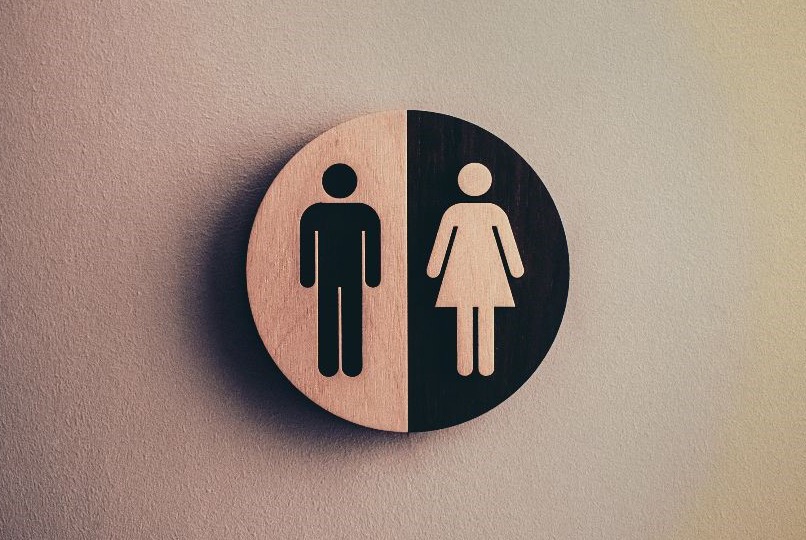This International Women’s Day, Diversity Council Australia (DCA) is challenging the idea that workplaces no longer need to address gender equality.
Drawing from academic and industry research, DCA has released an infographic highlighting some examples of where gender inequalities limit men and women in the workforce.
“Over 100 years on from the first IWD, we’ve come a long way in creating gender equality – but we still have a long way to go,” DCA CEO Lisa Annese said. “In 2020, gender inequalities continue to limit the ability of both men and women to be respected and to contribute at work and at home.
Lisa said that the research showed there is a link between messages we receive in childhood and the career trajectories we take.
“Research has shown that before they are two years old, children are aware of gender stereotypes. Those gender stereotypes influence everything from what toys children play with, to what subjects they choose at school, having life-long impacts on career choices.
“And gender stereotypes continue to hold us all back throughout our lives, for example with women taking on the bulk of unpaid caring and social pressures on men to be providers and main income earners.
“We know from DCA’s research that workplace diversity and inclusion initiatives benefit men and women. And when both men and women have access to flexible work options, they are more able to share responsibilities at home.
“Ultimately then, gender equality at work means improvements in all of our lives, at work and at home.
“So this International Women’s Day is a good reminder that we do still need workplace gender equality so we can lead more equal lives at work and at home,” concluded Lisa.
Diversity Council Australia (DCA) is the independent not-for-profit peak body leading diversity and inclusion in the workplace. DCA provides unique research, inspiring events and programs, curated resources and expert advice across all diversity dimensions to a community of member organisations.

